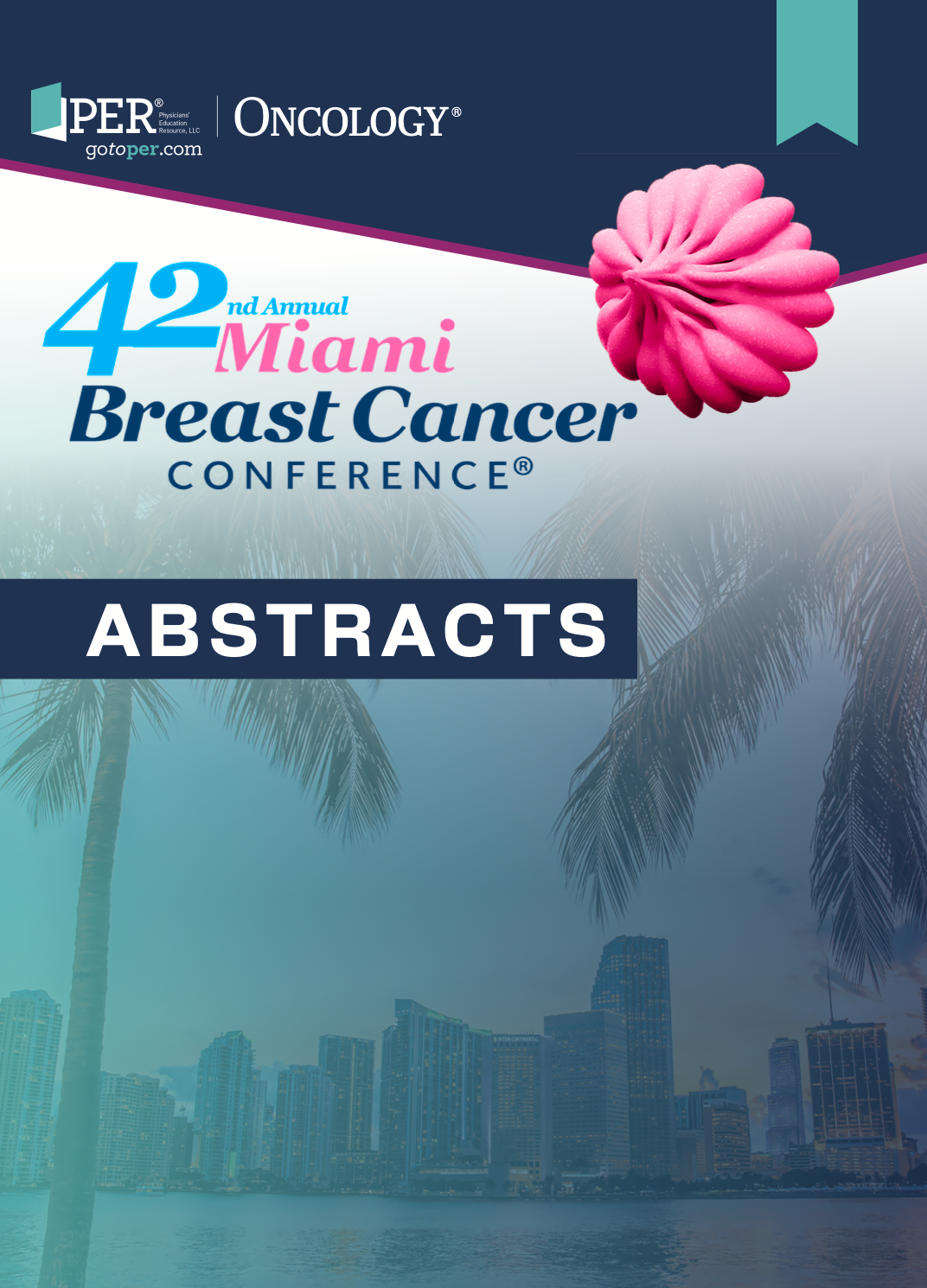103 Leveraging Digital Technology to Improve Breast Cancer Patients’ Understanding of Treatment Recommendations
103 Leveraging Digital Technology to Improve Breast Cancer Patients’ Understanding of Treatment Recommendations

Background/Significance
Use of digital visual tools for communicating highly complex cancer treatment algorithms with patients may result in better understanding and improved patient experience. MyCareGorithm LLC developed a digital visual tool for communicating patient-specific explanations of treatments and procedures to cancer patients. The aim of this prospective pilot study is to assess the impact of digital visual tools on breast cancer patients understanding of their disease and treatment recommendations when used at the time of initial radiation oncology consultation.
Materials and Methods
In this IRB-approved study, we used the MyCareGorithm web based digital visual tools that provides an interactive digital interface incorporating breast cancer specific diagrams, animated visuals and videos on diagnosis and staging, treatment options and treatment recommendations including simulation procedures, treatment planning, and treatment delivery. MyCareGorithm LLC provided the tool at no cost for this pilot study.
Breast cancer patients and their companions willing to participate in a study evaluating this novel visual communication tool were enrolled. Forty English speaking breast cancer patients and 12 patient companions had an initial radiation oncology consultation with the MD/NP team. In addition to our standard verbal consultation format, we provided patients and their companions individualized disease-specific information using the digital visual tools. After consultation, patients and their companions completed a 6-question study survey. The survey responses are summarized to assess the impact of utilizing digital visual tools for radiation oncology consultation.
Results
The median age of this cohort is 57 years (range, 28-86). Race distribution is 15 White, 12 Black, and 13 Others. Survey responses from all (n = 40/40) breast cancer patients noted that their consultation experience was enhanced by using the MyCareGorithm digital visual tools. Almost all 97.5% (n = 39/40) patients noted that the visual images improved their ability to understand their medical situation and enhanced understanding of their treatment options. Seventy-seven percent (n = 31/40) of patients would look back and refer to digital visual tools information if available online, and 95% (n = 38/40) would recommend using this tool for other patients. On the survey, the 12 companions responded to all 6 questions in favor of using the digital visual tools.
Conclusion
Supplementing verbal communication at initial radiation oncology consultation with individualized digital visual content enhances the breast cancer patient’s consultation experience and improves understanding of the disease and complex treatments for both patients and their companions.

Newsletter
Stay up to date on recent advances in the multidisciplinary approach to cancer.